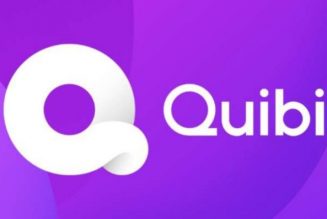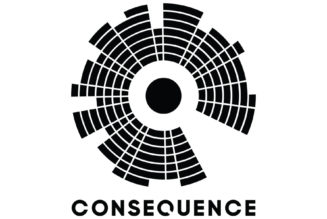
The Central Bank of Nigeria (CBN) says it plans to double the Targeted Credit Facility (TCF) from the initial N149.21 billion to N300 billion following the resounding success recorded in the disbursement of the Covid-19 loans to the applicants.
In his keynote address at the 2nd virtual seminar for Finance Correspondents and Editors at the weekend, the Governor said the Bank took the decision in order to accommodate many more beneficiaries as well as boost consumer expenditure which would positively stimulate the economy.
He disclosed that the CBN initially created a N150 billion Targeted Credit Facility (TCF) for affected households and small and medium enterprises through the NIRSAL Microfinance Bank, adding that already, N149.21 billion has been disbursed to 316,869 beneficiaries.
“Given the resounding success of this program and its positive impact on output growth, we have decided to double this fund to about N300 billion, in order to accommodate many more beneficiaries and boost consumer expenditure which should positively stimulate the economy.
“The CBN has equally made bold moves to alleviate the plight of households and owners and drive economic growth during the pandemic. We initially created a N150 billion Targeted Credit Facility (TCF) for affected households and small and medium enterprises through the NIRSAL Microfinance Bank. In line with the growing need to go digital, the application process is done online and requires limited paperwork from prospective applicants”, he said.
Speaking on the cryptocurrency controversy, the Governor reiterated the Bank’s earlier position that it did not place
any new restrictions on the use of cryptocurrency in Nigeria.
“Our recent directive only amplified an earlier regulation on the subject of cryptocurrency. The recent directive became necessary to protect the financial system and the generality of Nigerians from the risks inherent in crypto asset transactions, which have escalated in recent times, with consequences on financial stability and implementation of monetary policy.
“However, our policy stand does not preclude Nigerians from harnessing the benefits of the underlying technology that support crypto transactions, which is a distributed ledger, commonly referred to as blockchain. There are several examples where blockchain technology has been used to facilitate and improve transparency in the settlement of trade transactions.
“Our regulatory sandbox is available for fintech companies to explore the use of blockchain technology in areas that would be beneficial to the Nigerian economy.
“The Bank continues to improve our remittance infrastructure in order to provide Nigerians in the diaspora with cheaper, convenient and faster channels for remitting funds to beneficiaries in Nigeria.
“In a bid to reduce the cost of remitting funds to Nigeria, the Central Bank of Nigeria on March 8, 2021 introduced a refund of N5 for every $1 of fund remitted into the country through IMTOs licensed by the CBN. We believe this measure would help to support improved foreign exchange inflows and enable Nigerians in the diaspora to use more formal channels relative to informal channels.
“These measures are not new as several countries have adopted similar measures to reduce the cost of remitting fund by their diaspora community, which has led to surges in remittance inflows through formal channels”, Emefiele added.
Commenting on the theme of the seminar titled, “Leveraging Digital Economy to Drive Growth, Job Creation and Sustainable Development in the Midst of a Global Pandemic”, the Governor noted that the media has an important role to play in educating the public on how best to leverage the digital economy.
”It is therefore my expectation that at the end of the sessions, participants would have acquired an in-depth understanding of the subject matter and would better appreciate the Bank’s commitment to economic growth and development”, he said.










